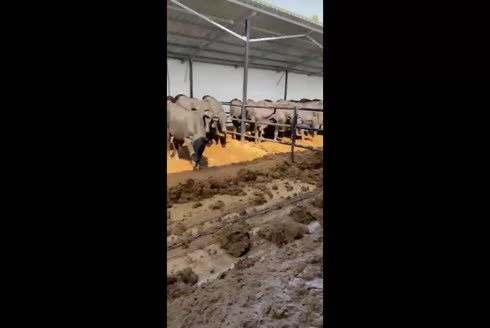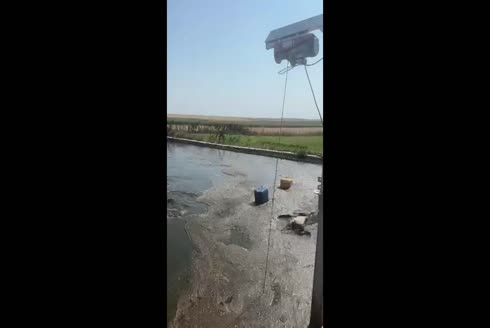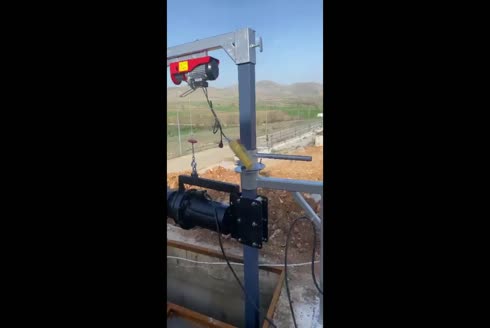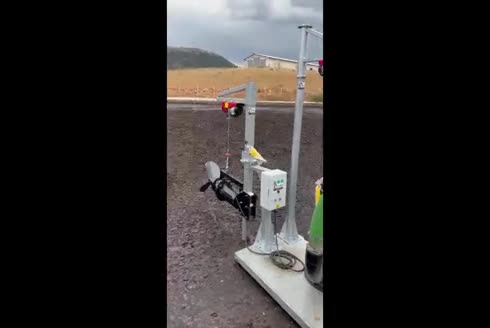Titreşimli Elek Gübre Separatörü

Vibrating Sieve Separator
It is a machine used to separate materials with different characteristics in industrial production processes. Designed to separate solid-solid, solid-liquid, or liquid-liquid mixtures, this equipment increases efficiency and reduces costs. It is widely used in sectors such as industry, agriculture, food, chemical, recycling, and mining.
Types and Features of Separators
-
Centrifugal Separator
-
It separates based on density difference.
-
Applications: Separation of cream in dairy products, oil and water separation.
-
Advantages: High-speed and precise separation.
-
-
Magnetic Separator
-
It separates materials with magnetic properties.
-
Applications: Separation of iron ore in mines, metal recycling.
-
Advantages: Minimizes metal contamination.
-
-
Vibrating Separator
-
It separates materials according to their sizes.
-
Applications: Grain, powder, and granule screening.
-
Advantages: Precise separation with multi-layer screens.
-
-
Air Separator
-
It separates light and heavy materials with an air stream.
-
Applications: Cleaning of plastic and agricultural products.
-
Advantages: Easy separation of dust and light materials.
-
-
Oil-Water Separator
-
It separates liquid-liquid mixtures.
-
Applications: Wastewater treatment, oil recycling.
-
Advantages: Environmentally friendly and energy efficient.
-
Applications of Separators
-
Agriculture: Grain cleaning, seed separation, and fertilizer processing.
-
Food Industry: Separation of milk cream, flour sieving, and sugar purification.
-
Mining: Separation of ore and metal, stone and sand screening.
-
Chemical Industry: Purification of chemical solutions.
-
Recycling: Separation of plastic, metal, and organic waste.
-
Oil and Gas: Separation of water, oil, and sediment.
Advantages of Using Separator Machines
-
High Efficiency: Much faster than manual separation.
-
Time Saving: Speeds up production processes.
-
Precise Separation: Separates materials with high precision.
-
Environmentally Friendly: Supports recycling for sustainable production.
-
Energy Efficiency: Provides maximum performance with minimum energy consumption.
What to Consider When Choosing a Separator?
-
Material Properties: Density, size, and type of the material to be separated should be taken into account.
-
Capacity: Should have a capacity suitable for the needs of the production line.
-
Durability: Should be made of quality materials for long-term use.
-
Maintenance Ease: Should allow quick and easy maintenance.
-
Automation Options: Should offer automatic control systems suitable for your production line.

















